One of the improvements parents and teachers are enjoying in their efforts to stay in communication is the ability to meet via videoconference. In some school districts, parent/teacher conferences are taking place via Zoom or Google Meet, making it easier for many parents who might not be able to leave kids at home to attend a conference in person.
If your school isn’t formally offering these conferences in a virtual format, you should still ask your child’s teacher if that’s a possibility, and in most cases you’ll find the teacher is willing to accommodate you.
All that being said, connecting with your child’s teacher or teachers – however you manage to do it – is a time-tested, reliable way to get detailed feedback on how your child is doing in school, both academically and socially.
First, Listen
You’ll want to have some questions prepared in advance, so you remember to cover the important points, but before you start grilling the teacher, sit back and listen to what they have to say about your child.
If your child’s teacher starts out by asking, “What questions do you have for me?” give them a very broad, open-ended question that will encourage them to share their insights about your child. A good starter is “What do you want me to know about my child’s academic performance and behavior/social skills in school?”
Next, Follow Up
- Once the teacher has shared some insights, you’ll want to follow up on anything she/he said and ask whatever clarifying questions you might have about what they shared.
- If your child has shared something concerning with you or complained about a teacher, classmate, the workload, etc. be sure to ask the teacher for clarification. Remember you’ve only heard one side of the story.
- Next you’ll want to share anything with the teacher about your home life that you think is relevant and would help them understand and work with your child. For example, illness, divorce, a new baby, moving, etc. And of course if your child has any allergies or health issues or is on medication that might affect his performance, be sure to inform his teacher(s).
Following that, here are 8 good general questions:
- Is my child on grade level for the basics: reading, writing, math, science?
- Which subjects/topics is my child struggling with and how can I help?
- If my child does need extra help in a skill or subject, are there school resources that can help or would you recommend private tutoring?
- If your child is a straight A student and not struggling, you will want to ask what you and the teacher can do to provide enriched learning and appropriate challenges so your child keeps learning and doesn’t get bored.
- What can I do to help my child prepare for or improve on standardized testing and performance assessments?
- What are some things we can do at home to support what you’re doing in the classroom?
- If you share custody of your child with someone who doesn’t live with you, make sure that the teacher knows who all the legal parents/guardians are who should be involved in your child’s education.
- Finally, you’ll want to make sure that you and the teacher have exchanged contact information and that you know the best way/time to connect.
The important thing is to establish open communication so that any concerns or issues that you or your child or the teacher may have can be addressed quickly, as they come up. It’s helpful for your child to know that you’re all working together for their benefit.

